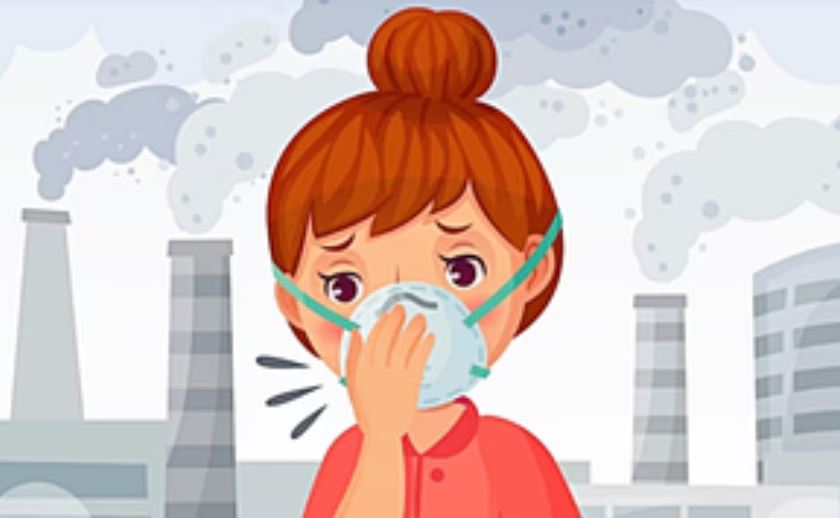Air pollution exposure can impact girls’ puberty, finds study
Researchers from Emory University and Harvard University in the US have found a connection between childhood exposure to air pollution and the age at which girls experienced their first periods.
Researchers from Emory University and Harvard University in the US have found a connection between childhood exposure to air pollution and the age at which girls experienced their first periods.
The study, published in the journal Environmental Health Perspectives, collected data from more than 5,200 girls across the US, that girls who had higher residential exposure to fine particulate matter air pollution throughout their childhoods tended to have their first periods sooner.
Girls who have their first periods at an earlier age face increased risk for several diseases later during their lifetime, including cardiovascular disease, Type 2 diabetes and certain types of cancer.
“The study highlights one potential environmental factor — particulate matter air pollution — that may help explain the trend of earlier ages of menarche being observed over the past 50 years. While more research is necessary, it suggests that early life environmental exposures may play a key role in dictating the pace of reproductive development in girls,” explained Audrey Gaskins, senior author and associate professor of epidemiology at Emory University.
The reproductive health of young girls can be protected, as early as in utero, through enacting policies and regulations designed to reduce the primary sources of particulate matter air pollution, including emissions from gasoline, oil, diesel fuel, and wood combustion.
The study only investigated a single type of air pollutant — particulate matter.
However, people are exposed to several different types of air pollutants, so additional research is needed to understand how/if multiple air pollutants interact with each other and if this mixture has a different effect on the reproductive health of girls.
“We found that higher exposure to fine particulate matter, a type of air pollution, was related to earlier menarche. We think that fine particulate matter may disrupt the endocrine system and, in part, lead to earlier menarche in girls. Although, additional research is needed to confirm this,” said Robert Hood, lead author from Emory University.




 Ms Kalinga
Ms Kalinga